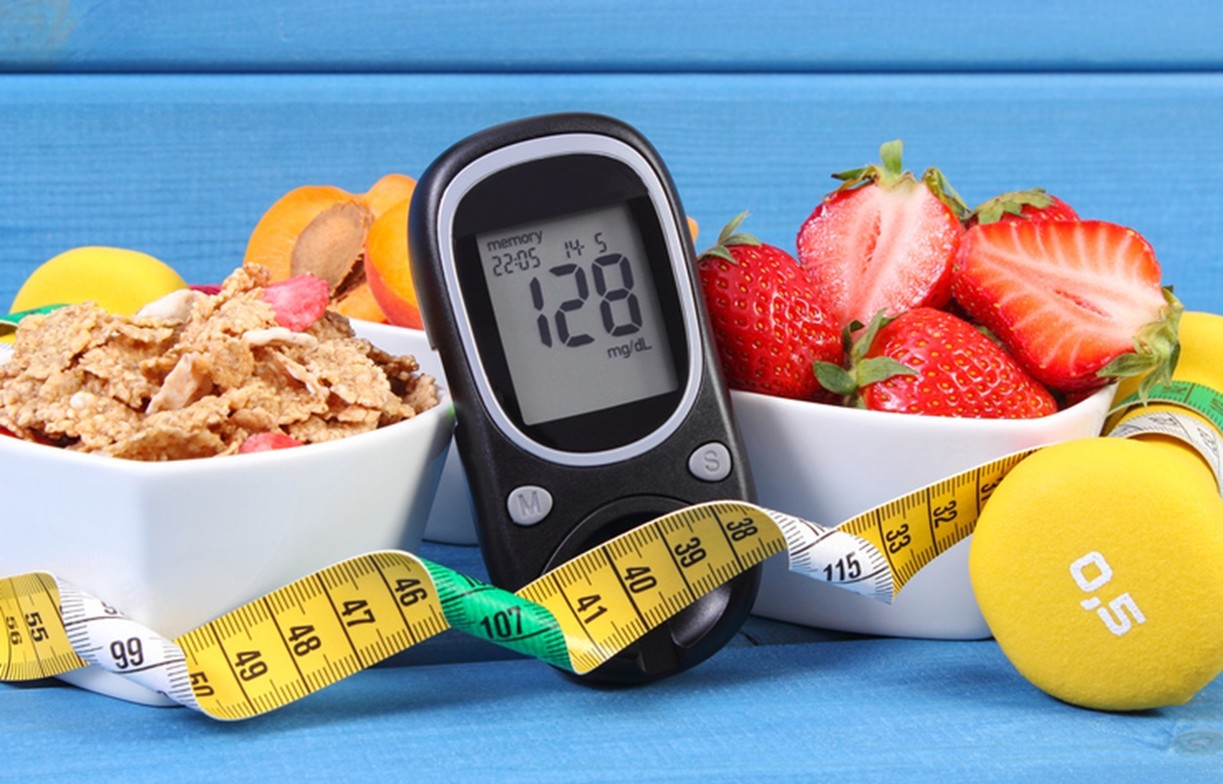
Metformin is a widely prescribed medication for managing type 2 diabetes, known for its effectiveness in lowering blood sugar levels and improving insulin sensitivity. While metformin plays a crucial role in diabetes treatment, some individuals may seek natural remedies to complement their regimen or alleviate potential side effects. This article delves into various natural approaches, lifestyle changes, and holistic strategies that can support diabetes management alongside metformin, providing practical insights and considerations for those navigating their health journey.
Metformin and Its Uses
Metformin belongs to the class of medications known as biguanides and is typically prescribed to lower blood glucose levels in individuals with type 2 diabetes. It works by reducing the amount of glucose produced by the liver and improving the body's response to insulin.
How Metformin Works
Metformin primarily targets insulin resistance, a key feature of type 2 diabetes, by increasing insulin sensitivity in the body's tissues and reducing glucose production in the liver. It helps regulate blood sugar levels and may also have beneficial effects on cholesterol levels and cardiovascular health.
Considerations When Using Natural Remedies with Metformin
Safety and Consultation
Before incorporating natural remedies into your diabetes management plan, it's essential to consult with your healthcare provider, particularly if you are taking metformin or other medications for diabetes. Some natural supplements may interact with medications or affect blood sugar levels, requiring careful monitoring and adjustment.
Individual Response
Natural remedies can vary in their effectiveness from person to person. What works well for one individual may not produce the same results for another. It's important to approach natural therapies cautiously, monitor their effects, and discuss any changes with your healthcare team.
Natural Remedies to Complement Metformin
1. Healthy Diet
A balanced diet plays a crucial role in managing diabetes effectively. Focus on consuming whole foods rich in fiber, such as fruits, vegetables, whole grains, and lean proteins. Avoid processed foods, sugary drinks, and excessive carbohydrates, which can contribute to blood sugar spikes.
2. Herbal Supplements
Certain herbs and botanicals have shown promise in supporting blood sugar control and overall metabolic health. Some of the most researched herbs include:
- Cinnamon: Known for its potential to improve insulin sensitivity and lower blood sugar levels.
- Ginseng: May enhance insulin secretion and improve glucose uptake in cells.
- Bitter Melon: Contains compounds that mimic insulin and may help lower blood sugar levels.
It's important to note that herbal supplements should be used cautiously and under the guidance of a healthcare provider, as they can interact with medications and affect blood glucose levels.
3. Physical Activity
Regular exercise is essential for managing diabetes and improving insulin sensitivity. Engage in aerobic activities such as walking, jogging, cycling, or swimming, along with strength training exercises to support overall metabolic health.
Lifestyle Changes to Support Diabetes Management
1. Stress Management
Chronic stress can affect blood sugar levels and insulin sensitivity. Incorporate stress-reducing techniques such as mindfulness, meditation, yoga, or deep breathing exercises into your daily routine to promote relaxation and emotional well-being.
2. Weight Management
Maintaining a healthy weight through a combination of diet and exercise can improve insulin sensitivity and blood glucose control. Aim for gradual, sustainable weight loss if needed, and consult with a healthcare provider for personalized guidance.
3. Sleep Quality
Quality sleep is crucial for metabolic health and hormone regulation. Establish a regular sleep schedule, create a calming bedtime routine, and prioritize adequate sleep duration to support overall well-being and diabetes management.
Community Support and Resources
Diabetes Education and Support Groups
Joining diabetes education programs and support groups can provide valuable information, practical tips, and emotional support from individuals facing similar challenges. These resources empower you to take an active role in managing your diabetes effectively.
Online Resources and Educational Materials
Explore reputable websites, books, and articles that offer evidence-based information on diabetes management, natural remedies, and lifestyle strategies. Stay informed and engaged in your health journey to make informed decisions and optimize your well-being.
Conclusion
In conclusion, natural remedies can complement metformin therapy by supporting overall diabetes management and promoting metabolic health. Whether you're newly diagnosed or looking to enhance your current treatment plan, integrating natural approaches offers a holistic approach to managing blood sugar levels and improving quality of life.
Reflecting on my own experience with diabetes management, I've found that combining metformin with lifestyle changes and herbal supplements has helped me achieve stable blood sugar control and feel more empowered in my health journey. By working closely with healthcare providers and embracing natural remedies cautiously, you can tailor a personalized approach that meets your unique needs and goals.
As you navigate diabetes management, consider exploring natural remedies as part of a comprehensive strategy for well-being. Embrace the potential benefits of holistic approaches alongside metformin therapy, and empower yourself to thrive with diabetes.
So, if you're curious about natural remedies for managing diabetes or seeking ways to support your health naturally, take proactive steps to explore these options and discover what works best for you. Embrace a holistic approach to diabetes management – your body and mind will thank you for it.
Dr. RD Marquiss
Contact Me


